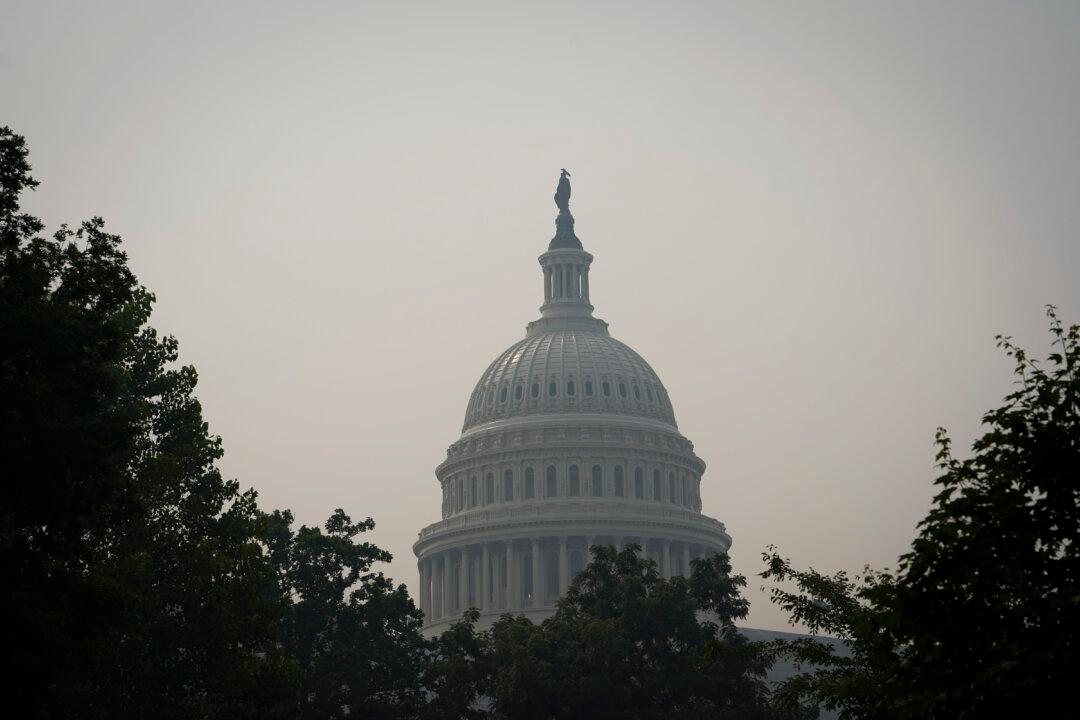Conservatives in the House have agreed to cease their blockade of the House floor as they engage in discussions with Speaker Kevin McCarthy (R-Calif.) regarding future spending and a revised “power-sharing” arrangement.
Last week, a group of 11 hardline conservative lawmakers rebelled against McCarthy by voting against a procedural vote concerning gas stoves—a bill they supported—in protest of his debt limit deal with President Joe Biden. Consequently, all votes were canceled on Wednesday for the rest of the week.





